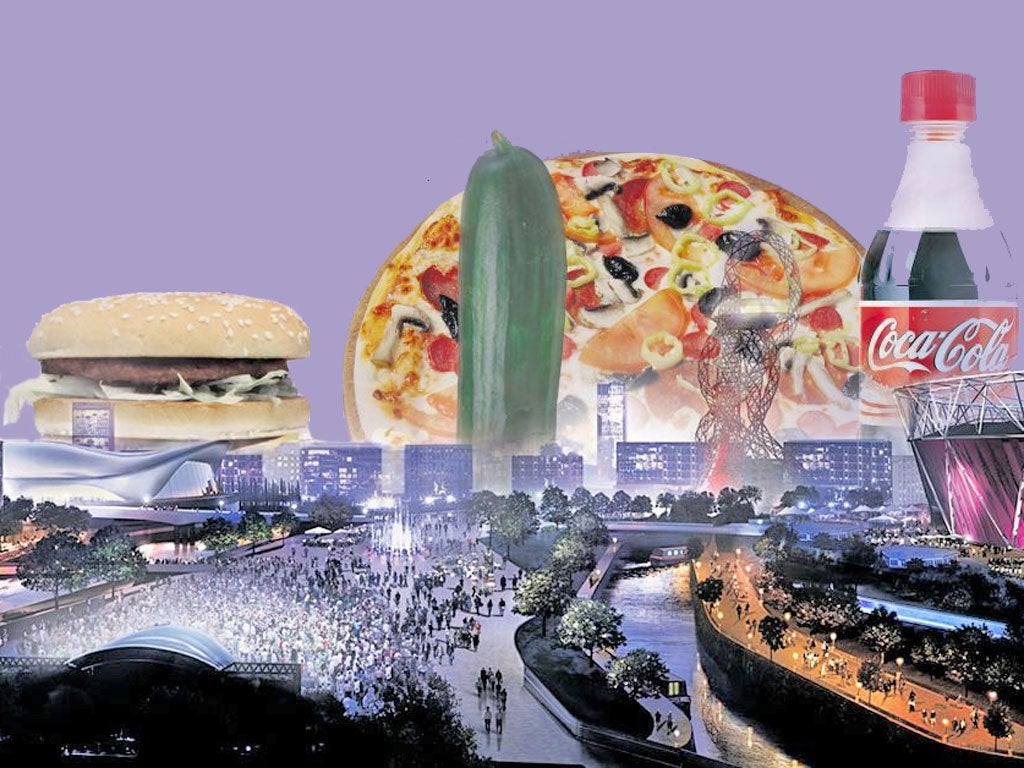
Your support helps us to tell the story
From reproductive rights to climate change to Big Tech, The Independent is on the ground when the story is developing. Whether it's investigating the financials of Elon Musk's pro-Trump PAC or producing our latest documentary, 'The A Word', which shines a light on the American women fighting for reproductive rights, we know how important it is to parse out the facts from the messaging.
At such a critical moment in US history, we need reporters on the ground. Your donation allows us to keep sending journalists to speak to both sides of the story.
The Independent is trusted by Americans across the entire political spectrum. And unlike many other quality news outlets, we choose not to lock Americans out of our reporting and analysis with paywalls. We believe quality journalism should be available to everyone, paid for by those who can afford it.
Your support makes all the difference.The past may very well be a foreign country, but when Britain last held the Olympic Games in 1948 it might as well have been on another planet. Back then we spent a mere £700,000 on the games and every British male competitor got a free pair of Y-fronts and a cup of Horlicks. Today the games costs closer to £9bn, Horlicks is off the menu and the only pants given to athletes are from sponsors, and some even get a hefty cheque for donning them.
One thing remains unchanged, though: the logistical difficulty of feeding the thousands of spectators and battalions of competitors and hungry officials. Back then they settled things by asking incoming teams to bring their own food (the French brought steak and claret; the American's eschewed the UK's Spam and whale meat and brought waffles, syrup, eggs and bacon).
Bringing your own lunch won't be an option in 2012. "With an expected 14 million meals to be served across 40 different locations at an Olympics, which comprises 850,000 spectators and 16,500 competitors, the Games is the largest peace-time catering operation in the world," says a spokesman for the 2012 Organising Committee.
Just visualising the food needed for the athletes alone takes a leap of imagination. American swimmer Michael Phelps may not be your average in many sense, but the volume of food he consumed before and during the 2008 Beijing games is pretty typical.
Breakfast for the eight-time gold-medal winner? Three fried egg sandwiches, a five-egg omelette, three chocolate-chip pancakes, followed by three pieces of French toast. Lunch consisted of a 1lb of pasta and two ham and cheese sarnies. Dinner was the same amount of pasta, but this time with a pizza chaser. Multiply that by 16,500 and you get the gist.
And then, of course, there are the spectators; not much fewer than a million of them. Plus there are the catering problems that any restaurateur would recognise. How do you fit with your customers' schedule? How do you keep the kosher food kosher, halal meat halal and make sure no beef goes in the vegan curry? The answer is, planning; lots of it.
The food vision for the games was laid out by the organisers back in 2009. It was notable for one thing: its ambition to sustainability. At the time there was a certain amount of sneering, but it has proved a major triumph, as Tim Lang, professor of food policy at City University points out. "I was opposed to the Olympics... But, that said, the achievements of the London Food Board and Rosie Boycott [the board's chair] in getting the games to be as sustainable as possible is brilliant."
"The sustainable fish initiative is remarkable and sets new world standards. And the effort to get communities around the Olympic village to attempt the hard slog of growing their own food is a fantastic example of collective action," he says.
Certainly some criticism does persist, though. The main food sponsors, Cadbury, Coca-Cola and McDonald's may, respectively, be using only fair-trade cocoa, reducing their packaging waste, and locally sourcing beef and sustainable fish. But some question their presence at a festival of athletic excellence altogether. The British Medical Association has referred to McDonald's sponsorship as "unfortunate" in the past. Though the mild censure seems to have gone unheeded. McDonald's, an Olympic sponsor since 1976, is building its biggest restaurant, a 3,000sq m, two-storey joint, cheek-by-jowl with the Olympic village.
The ticket terms are also a source of controversy. Spectators are banned from bringing containers with more than 100ml through the airport-style security. There are also restrictions on food being brought from outside (although both rules are said to be "under discussion").
It remains to be seen whether the games will live up to the vision of being "tastier, healthier and greener". But one thing is sure – there won't be any whale meat or Spam on the menu.
Join our commenting forum
Join thought-provoking conversations, follow other Independent readers and see their replies
Comments